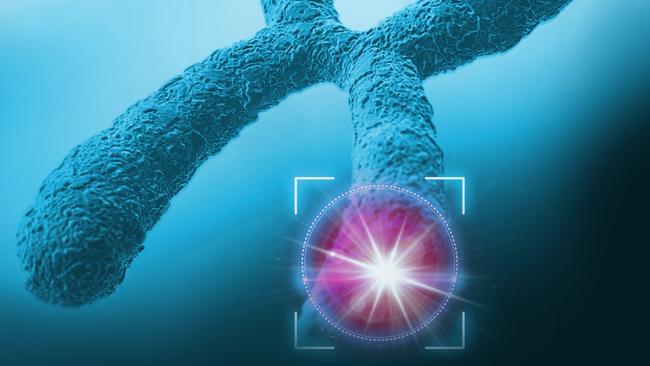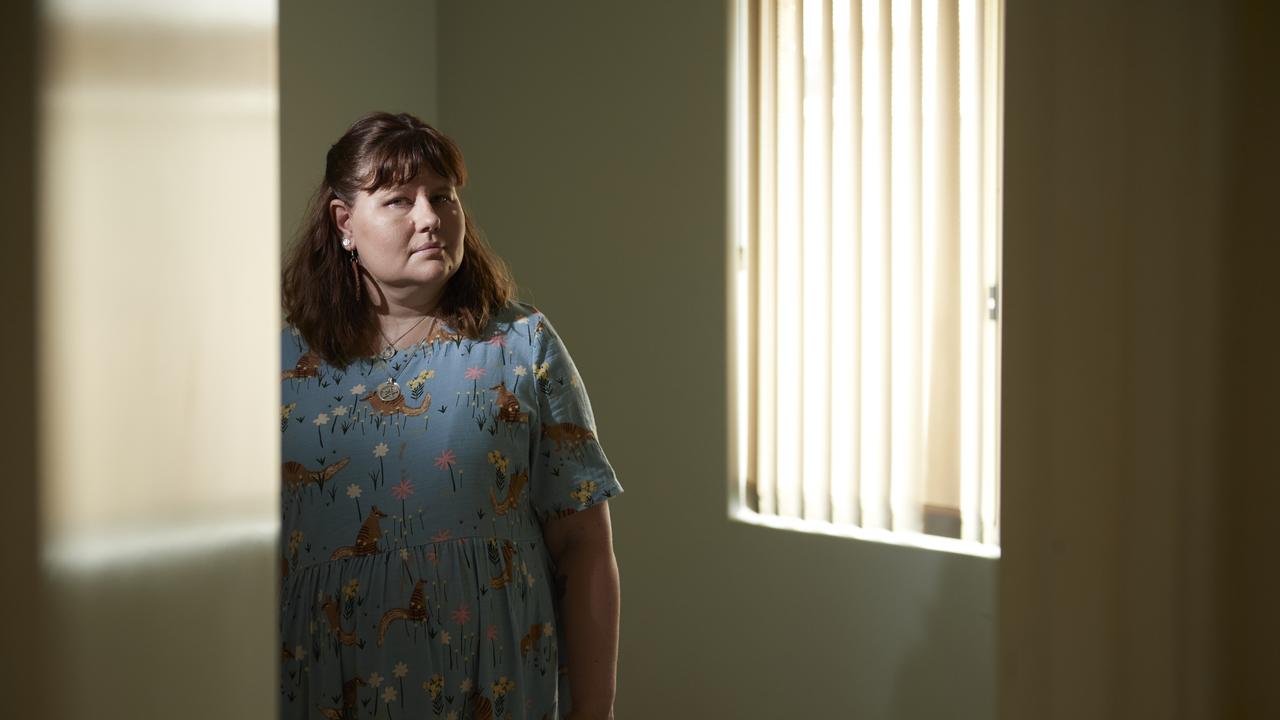Groundbreaking therapy for terminal cancers finally publicly funded
A groundbreaking pan-tumour pharmaceutical – that can act upon multiple different tumour types – has been publicly funded in Australia and is set to offer hope to thousands of terminally ill patients.

A groundbreaking pan-tumour pharmaceutical that can act upon multiple different tumour types has been publicly funded in Australia and is set to offer hope to thousands of patients who would otherwise likely die.
Vitrakvi is a highly effective treatment for advanced non-small cell lung cancer, soft tissue sarcomas and brain tumours that have a common genetic cause. It can treat cancers with a common genetic feature regardless of the type of cancer or where it is found in the body.
Oncologists describe the personalised treatment that harnesses DNA profiling and genetic information as “a new frontier in precision oncology”.
The medicine specifically targets the underlying causes of cancers that have what is known as the neurotrophic tyrosine receptor kinase gene fusion – a genetic mutation that occurs when two different genes fuse together. This defect occurs for no apparent reason and acts as an “ignition switch” for tumour growth. Vitrakvi works by blocking the protein that is produced following the fusion process, thereby halting tumour development and growth.
The drug has “spectacular response rates of the order of 75 per cent and seems to occur across most tumour types bearing mutations”, said David Thomas, a leading cancer clinician and chief science and strategy officer of the genomics research institute Omico.
“That’s much higher than the response rates of most of the therapies that have been approved to date, even for individual cancer types.”
Vitrakvi, which has the generic name larotrectinib, has been developed over more than a decade by pharmaceutical company Bayer, with more than 23,000 patients enrolled worldwide in clinical trials, but it has taken four years for the therapy to be approved for patients on the Pharmaceutical Benefits Scheme. Patients would have had to pay $130,000 a year for the therapy, but will now pay just $31.60 each month, or $7.70 for concession card holders.
“We are in this turbocharged period of discovery for better cancer treatment options,” said federal Health Minister Mark Butler. “This will be life changing for patients.”
However, eligibility for the drug rests upon being able to access genomic screening, which is out of reach of many patients.
Bayer has provided Vitrakvi at no cost on compassionate grounds to 20 patients, with some patients supplied the medicine for more than two years.
Professor Thomas, who is also the director of the Centre for Molecular Oncology at the University of NSW and the head of the Garvan Institute’s Genomic Cancer Medicine Laboratory, said precision drugs such as larotrectinib hold the prospect of a cure for cancer. “It will certainly be able to significantly extend patients’ lives and maybe even control the cancer for not months, but years,” he said.
“Some of these drugs are getting towards cure, which is obviously where all of us want to be at. Sure as night follows day, that will happen over the next few years.”
Peter MacCallum Cancer Centre medical oncologist Stephen Luen, who treats sarcoma patients, said larotrectinib came about as “the intersection of two major scientific developments – genomic testing and precision oncology.
“Rare cancers like sarcoma have very few treatment options, aside from our very blunt-force approaches such as chemotherapy, where we have limited responses and certainly not durable responses,” Dr Luen said.
“When we use this targeted approach, the tumours shrink substantially and sometimes even go into remission.”
Vitrakvi was registered with the Therapeutic Goods Administration in September 2020 and Bayer’s first submission for PBS funding was considered a couple of months later.
It was PBS-listed in mid-2022 for the pediatric NTRK fusion population and adult secretory breast carcinoma and mammary analog secretory carcinoma of the salivary gland. But it took another two years to be listed for these new rare cancers.
Bayer country medical director Eduardo Pimenta said there was on average of 400 days in Australia between the registration of the medication and listing on the PBS – four times that of similar countries.
“Patients, they may die during this time,” he said.







To join the conversation, please log in. Don't have an account? Register
Join the conversation, you are commenting as Logout